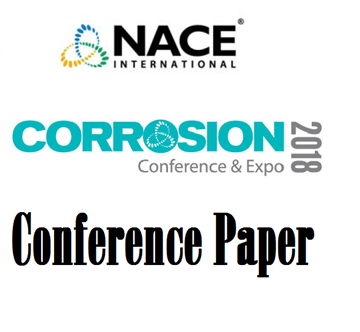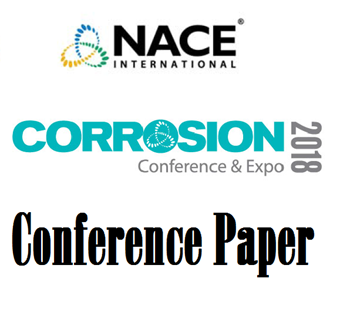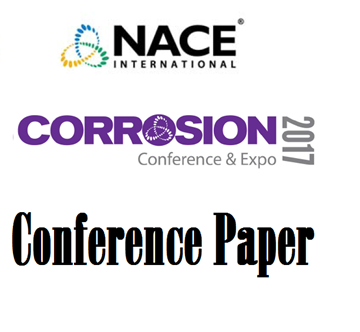Search
51318-11229-Sour Service Fitness for Purpose Testing of Linepipe using Full Ring 4-pt BB and Large DCBs
Also Purchased
51318-11226-High -Temperature and High pressure Corrosion Behavior of Duplex Stainless Steel in White Liquor
Product Number:
51318-11226-SG
Publication Date:
2018
$20.00
51318-11228-Predicting Corrosion Fatigue Behavior using Bayesian Networks
Product Number:
51318-11228-SG
Publication Date:
2018
$20.00
New Axially Loaded Full Ring Test Method for Assessment of Susceptibility of Girth Welds and Parent Pipe to Sour Service Cracking
Product Number:
51317--8965-SG
ISBN:
8965 2017 CP
Publication Date:
2017
$20.00




